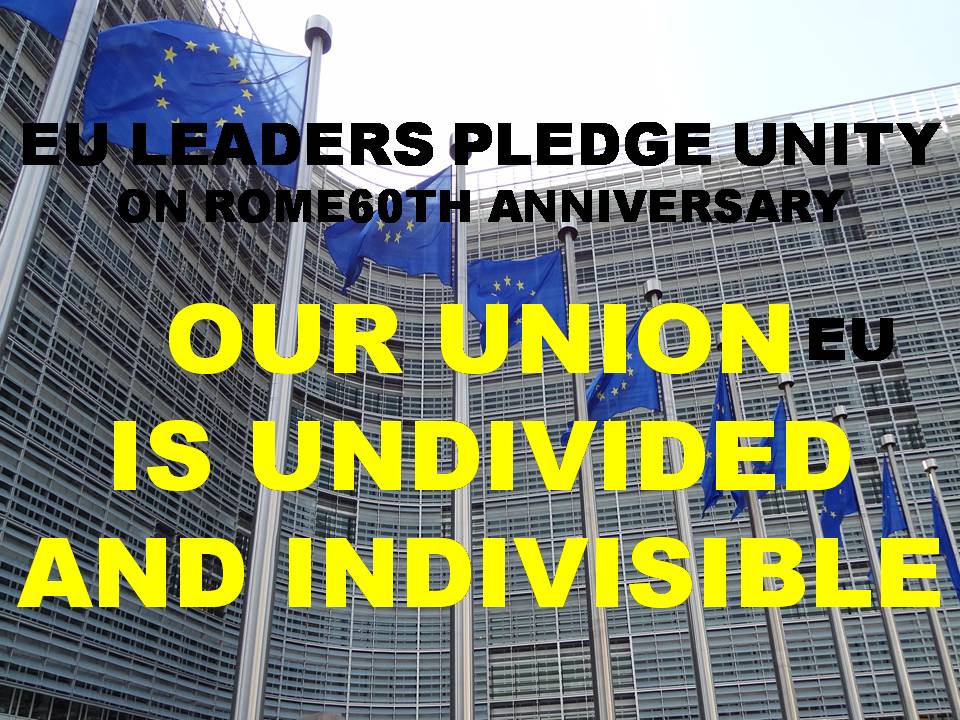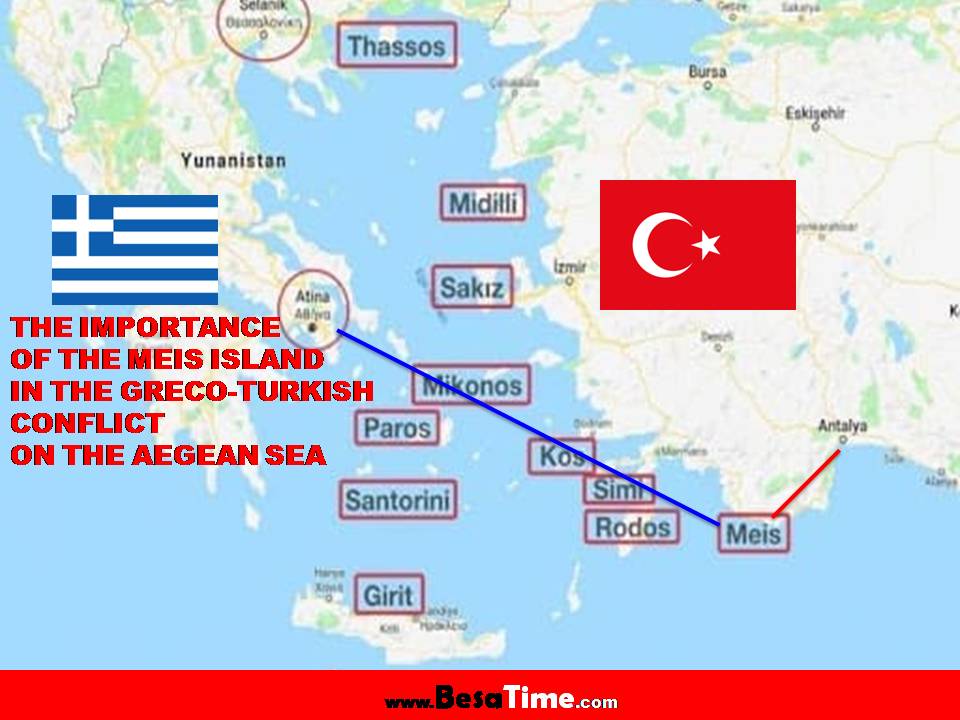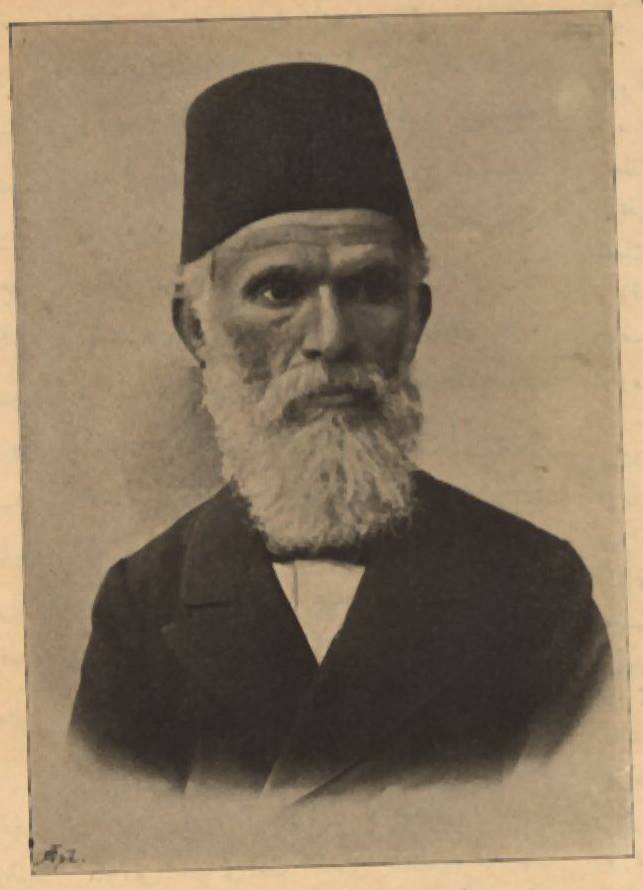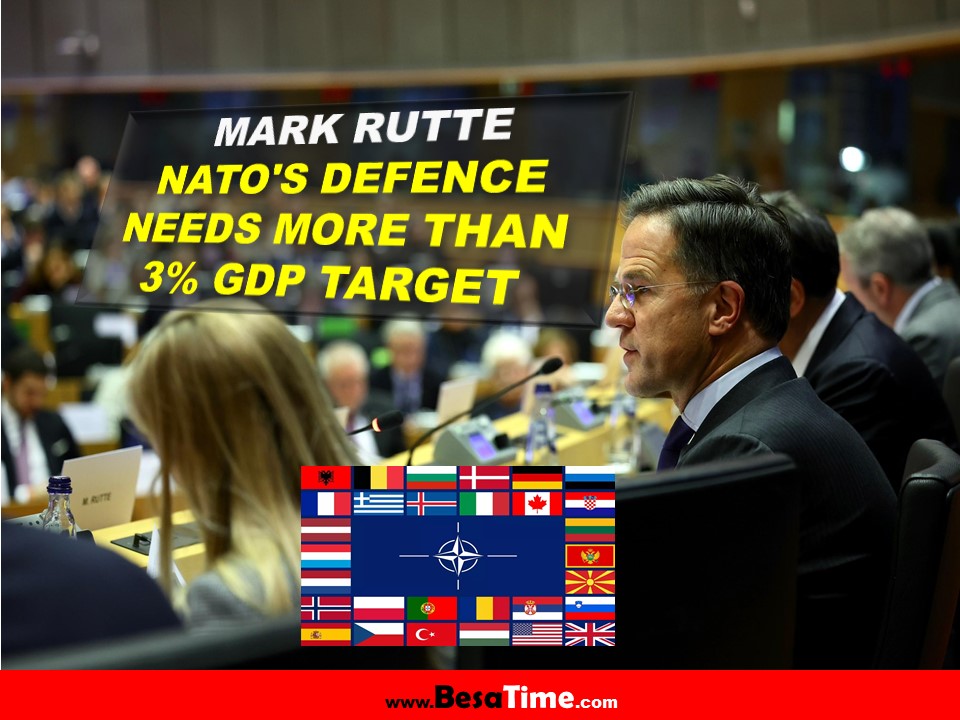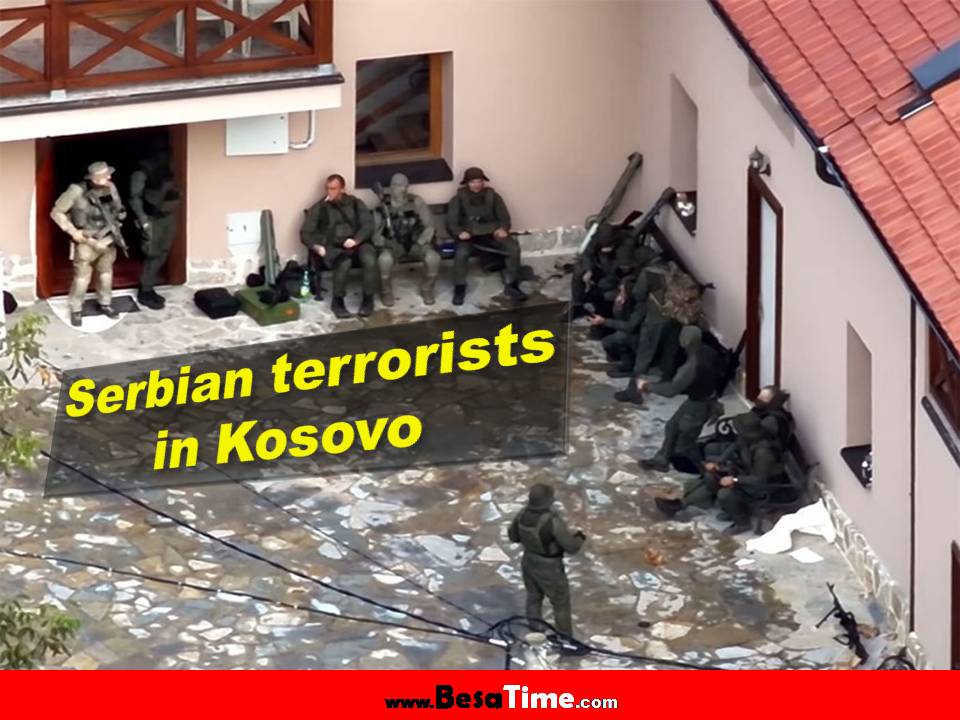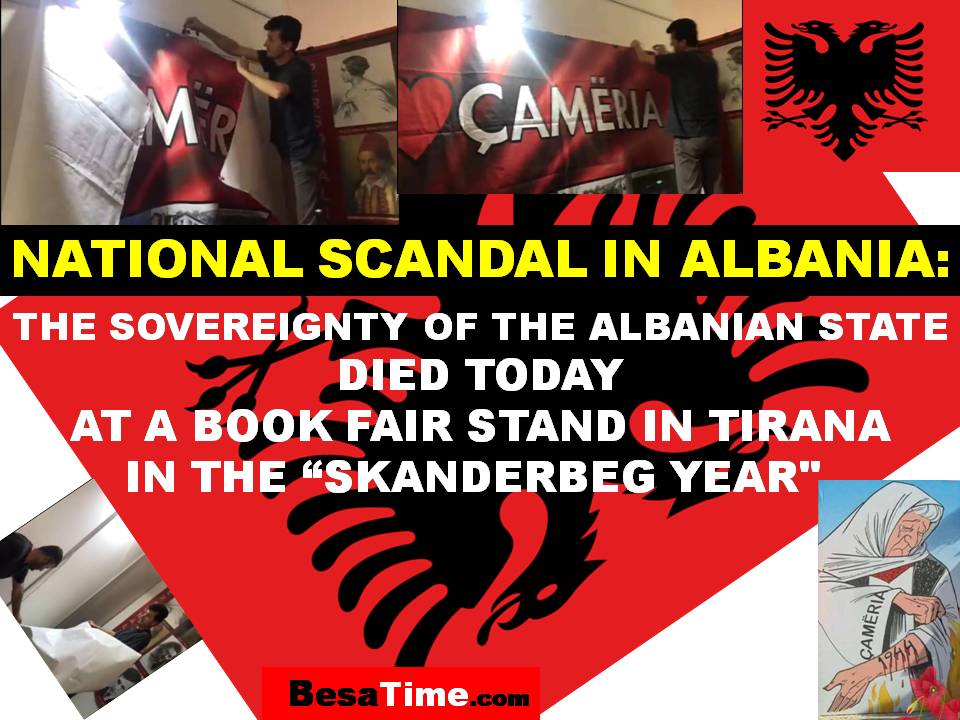
BESA TIME®
True News PortalPUTIN PUTS THE ENERGY SQUEEZE ON PRO-EU MOLDOVA
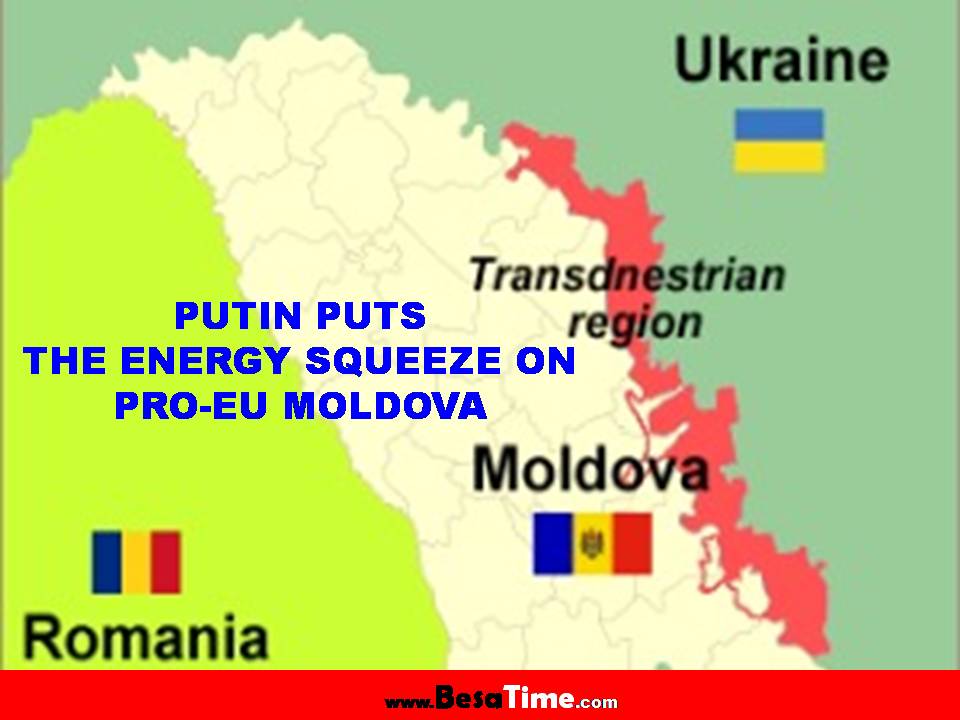
PUTIN PUTS THE ENERGY SQUEEZE ON PRO-EU MOLDOVA
BY Victor JACK Politico.eu
The crisis is also inflaming tensions between Moldova and the breakaway territory of Transnistria.
CHIȘINĂU — At the peak of his power, Russian President Vladimir Putin thought he could use his energy weapon to impose his will across Europe.
Now Moldova — with a population of only 2.5 million — is emerging as the last truly vulnerable energy target in his flailing campaign to destabilize governments in the neighborhood taking a pro-EU trajectory.
But no matter how hard Putin tries to turn the energy screws to topple the administration, Moldova's government is doggedly resisting. Only last week Russian missile strikes triggered blackouts in half the country and last month Gazprom slashed gas supplies by a third, but engineers and politicians are working round-the-clock to ensure that energy networks keep running.
In a sign that energy and politics are never far apart, the crisis is not only causing a public outcry but also escalating tensions with Transnistria, a pro-Russian breakaway territory in the east of Moldova. Moldova's government says Russia is stirring weekly protests in Chișinău.
“We are in a situation of extreme risk,” Moldovan Infrastructure Minister and Deputy Prime Minister Andrei Spînu told POLITICO. “The energy poverty [here] is critical — and we're just at the beginning of winter.”
Asked about the risk of more blackouts related to Russian attacks, he said: “It's happened today, it will definitely ... happen tomorrow and during all the winter until this war is ended.”
Inflation in the country, one of Europe's poorest, has hit 34 percent, with Moldovans on average forced to shell out 70 percent of their household income on utility bills, which have increased tenfold compared to last year.
“The energy crisis [and] the impact of the war … have made the cost of living for Moldovan citizens much higher and their purchasing power much lower,” Moldova's Prime Minister Natalia Gavrilița told POLITICO. “We are … worried how this erodes social cohesion and [creates] political instability.”
“Almost everyone here in Moldova needs help with the prices of energy,” said Karolína Šugarová, an aid worker at the Czech nonprofit People in Need that distributes €50 donations to vulnerable consumers.
Moldova has historically generated only a tenth of its electricity, with around 70 percent coming from the Cuciurgan power plant in Transnistria and another 20 percent imported from Ukraine, according to Aura Săbăduș, an energy analyst with the ICIS market intelligence firm.
Last month, Ukraine suspended exports partly due to Russian missile attacks on its electricity infrastructure, while Transnistria suddenly stopped exports on November 1, citing its own energy shortages.
That created a dramatic power supply problem, Săbăduș said. The country's power deficit still hovers between 5 and 10 percent.
The government responded by asking people to save energy, encouraging municipalities to turn off their street lights, telling businesses relying on energy-intensive processes to schedule these outside peak hours — and even advised against using elevators due to the risk of blackouts. It also bought "thousands" of backup generators and 200,000 tons of coal for emergency heating, Spînu said.
The country is getting 80 percent of its electricity imports from the European spot market at up to four times the previous price; the remainder comes at a more discounted price directly from Romania, according to Victor Binzari, director general of Moldova’s state energy trading company Energocom.
That will cost the government €1 billion this winter — equivalent to over 20 percent of its annual budget.
Energocom doesn’t have the cash to keep buying power at such a price, Binzari said, warning the situation will become more dire as the weather gets colder. “It’s going to be very difficult and very complicated to find [the] money,” he said.
The country is looking for €450 million in additional funding from its European partners to help it stave off the energy crisis, Gavrilița said. At a donors’ conference in Paris on Monday, countries pledged additional cash; the EU separately announced €250 million in fresh funds earlier this month.
Cutting gas
Russia is also applying pressure through its gas export monopoly Gazprom amid souring relations with the pro-European direction of the Moldovan government and its staunch opposition to Moscow’s invasion of Ukraine.
Gazprom, which has traditionally supplied all Moldova’s gas, slashed flows by one-third in October to 5.7 million cubic meters (mcm) a day, citing overdue debts. It also warned it could cut off supplies entirely “at any time” — something Gavrilița admitted was now “very real possibility.”
The reasons for this reduction are “geopolitical,” Spînu said, adding that Gazprom is “becoming not a trustful partner for Moldova.”
“There are some political interests of Russia toward Moldova,” he said. “They don't want us to keep going on the European Union path ... they want to keep Moldova under their zone of interest.”
Andrew Wilson, a senior fellow at the European Council on Foreign Relations, agrees. For Moscow, “it’s about rebuilding the Russian sphere of influence,” he said, and weakening the pro-European trajectory of the country.
The crisis is also causing frictions with Transnistria.
The part of Moldova controlled by Chișinău receives only half the gas, while the rest flows to Transnistria, where much of it was used to generate electricity for the whole country before Tiraspol, the region's capital, cut exports. The central government foots the entire gas bill.
It's not the first time Moscow has applied pressure. Last October, Chișinău was forced to sign a pricier contract with Gazprom based on the fluctuating spot price of gas and oil after the company threatened to turn off the taps over a debt spat.
So far, Moldova has responded by rushing to settle its $53.5 million bill for September and pay an advance for October. It’s also stored over 155 mcm of gas in Ukraine and Romania, according to Energocom, although that's only enough to meet peak demand for six weeks.
Frozen conflict
The stark social effects and the government's strong support of Kyiv are fueling Moldova’s pro-Russian opposition parties.
Weekly protests of thousands sweep the capital every Sunday. They're organized by the ȘOR party led by Ilan Shor, a former mayor living in exile in Israel who was sanctioned by the U.S. last month for purportedly working to destabilize the government “in the interests of” Moscow. Moldovan President Maia Sandu accuses Russian secret services of helping stage the demonstrations.
“We should have stayed neutral because ... this conflict has arisen from what our government has been saying,” said Eleonora, 32, who works in tourism management in Chișinău, adding she is considering leaving the country if the energy crisis gets worse this winter.
“I absolutely don't think we should be pro-Russia ... and I'm not against the pro-European direction,” she said. “But they should have taken a softer line so that the people could live more easily.”
Although there's been “some slight shift in public opinion” the crisis “doesn’t change the fundamentals” of Moldova’s European direction, ECFR’s Wilson said.
The situation is much more fraught in Transnistria, which is tied to Moscow thanks to the 1,500 Russian troops stationed there and is stepping up its criticism of Chișinău over reduced gas deliveries. That's forced the internationally unrecognized government to turn off hot water for much of the day, limit the operation of public transport and curb industrial production.
Transnistrian President Vadim Krasnoselsky earlier this month blamed the “very deep economic crisis” on “deceitful” actions by Moldova he said was taking Tiraspol “hostage” by illegally withholding gas shipments.
“Relations have become more complicated because the Moldovan government supports Ukraine in this conflict and follows the decisions taken by the Western coalition — Transnistria supports Russia,” said a 43-year-old resident of Transnistria who asked to remain anonymous over fears for their security.
Spînu said the Transnistrian authorities have taken a “totally fake approach” to the issue, adding that “they have to blame Gazprom not us,” given Chișinău is still supplying gas to Tiraspol.
“We don't want to escalate — we just want to keep supplying gas and electricity and heating to all citizens of our country,” he said.
Wilhelmine Preussen contributed reporting.
Victor Jack Politico.eu

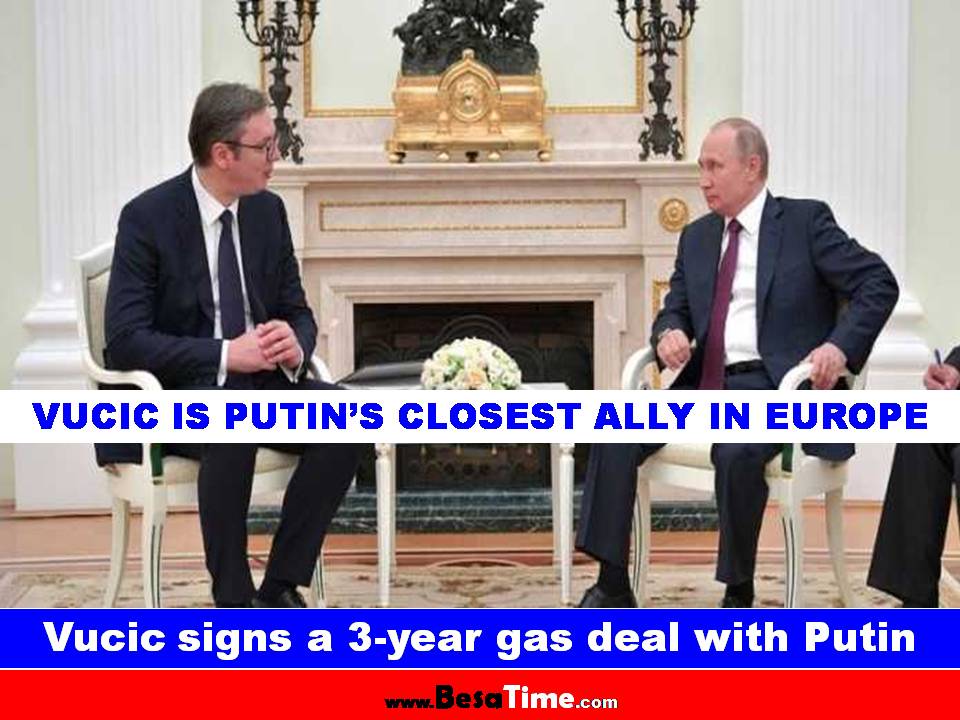
VUCIC IS PUTIN’S CLOSEST ALLY IN EUROPE
VUCIC IS PUTIN’S CLOSEST ALLY IN EUROPE Vucic signs a 3-year gas deal with Putin...
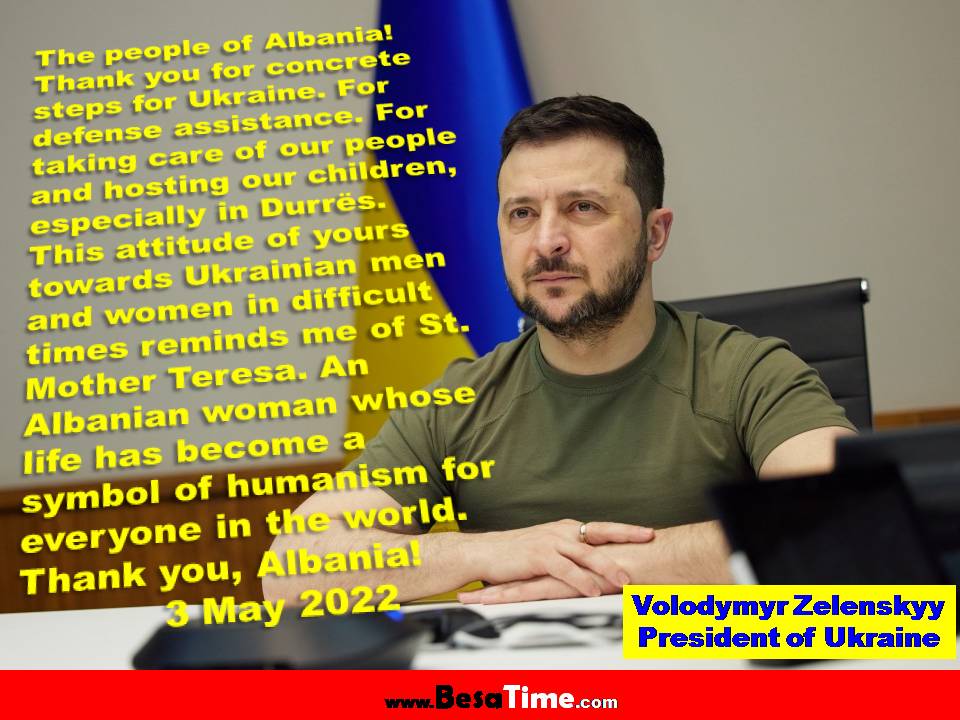
The people of Albania thank you for concrete steps for Ukraine. For taking care of our people and hosting our children, especially in Durrës.
The people of Albania thank you for concrete steps for Ukraine. For taking care of our people and hosting our children, especially in Durrës. The people of Albania! Thank you for concrete steps for Ukraine. For defense...
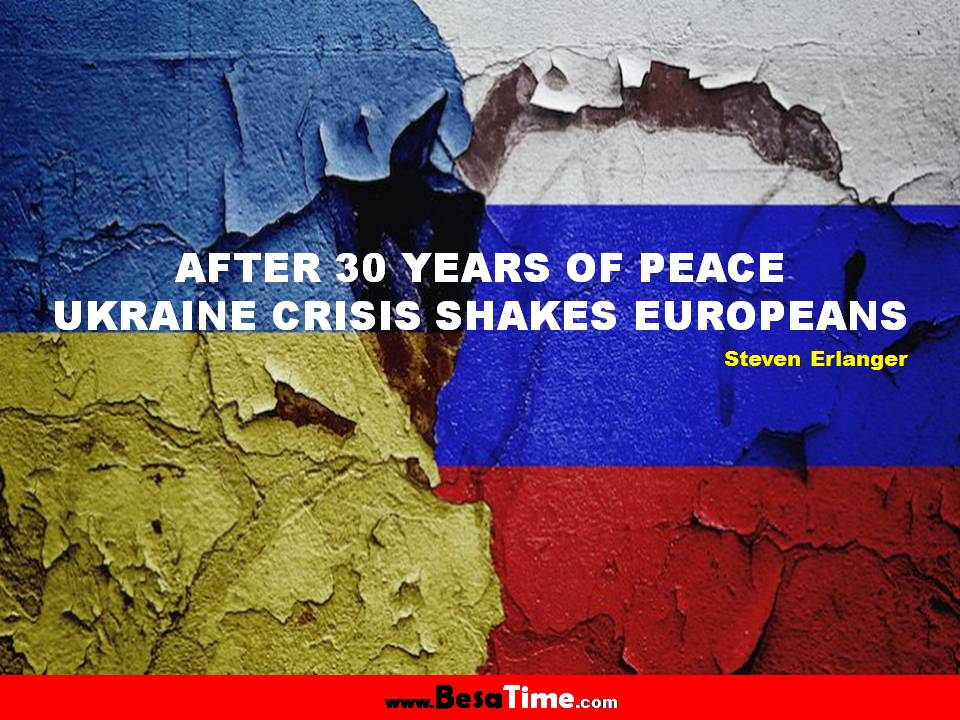
AFTER 30 YEARS OF PEACE, UKRAINE CRISIS SHAKES EUROPEANS │ Steven ERLANGER
AFTER 30 YEARS OF PEACE, UKRAINE CRISIS SHAKES EUROPEANS Steven Erlanger│NYT The happy complacency of post-Cold War peace is being shattered by Russia’s threats, demands and massive military buildup around Ukraine....
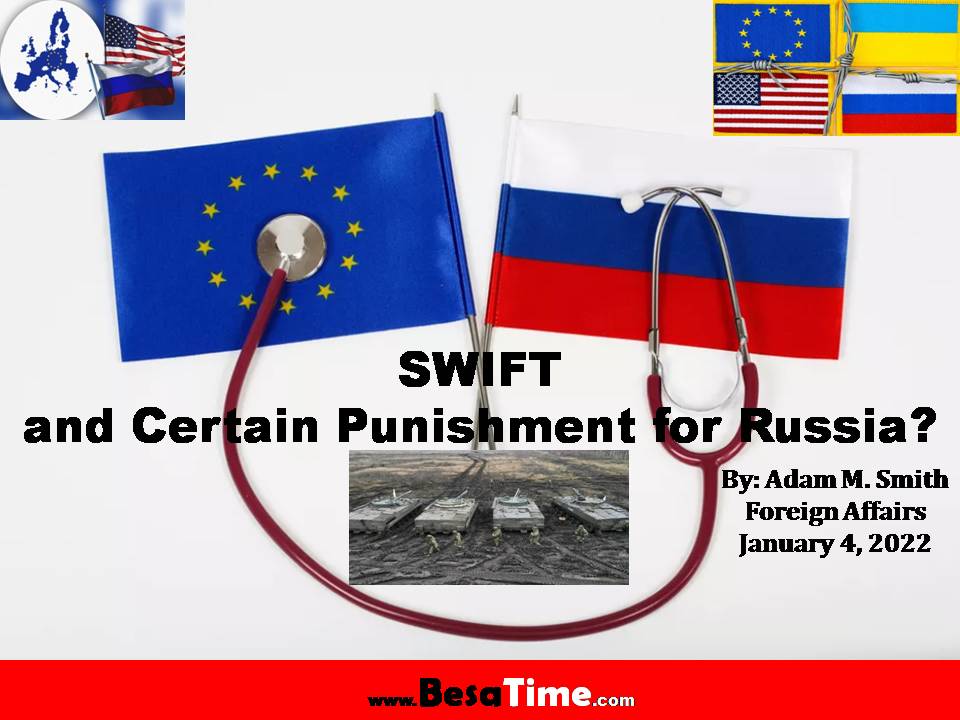
SWIFT AND CERTAIN PUNISHMENT FOR RUSSIA? │Adam M. Smith FA
SWIFT AND CERTAIN PUNISHMENT FOR RUSSIA? By Adam M. Smith │ Foreign Affairs...
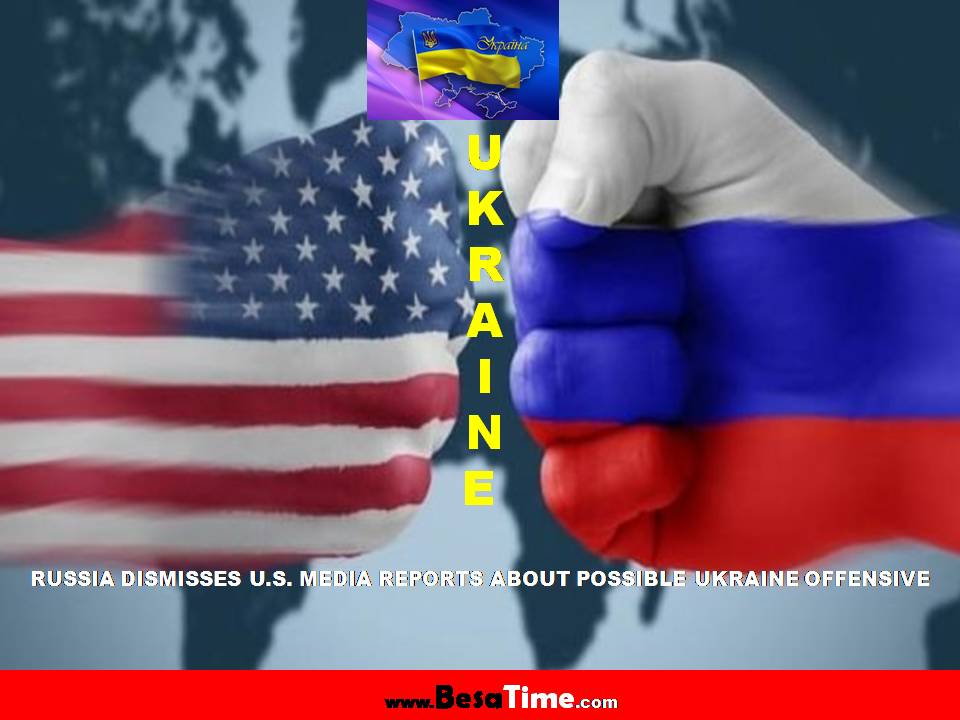
RUSSIA DISMISSES U.S. MEDIA REPORTS ABOUT POSSIBLE UKRAINE OFFENSIVE
RUSSIA DISMISSES U.S. MEDIA REPORTS ABOUT POSSIBLE UKRAINE OFFENSIVE...
